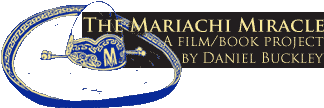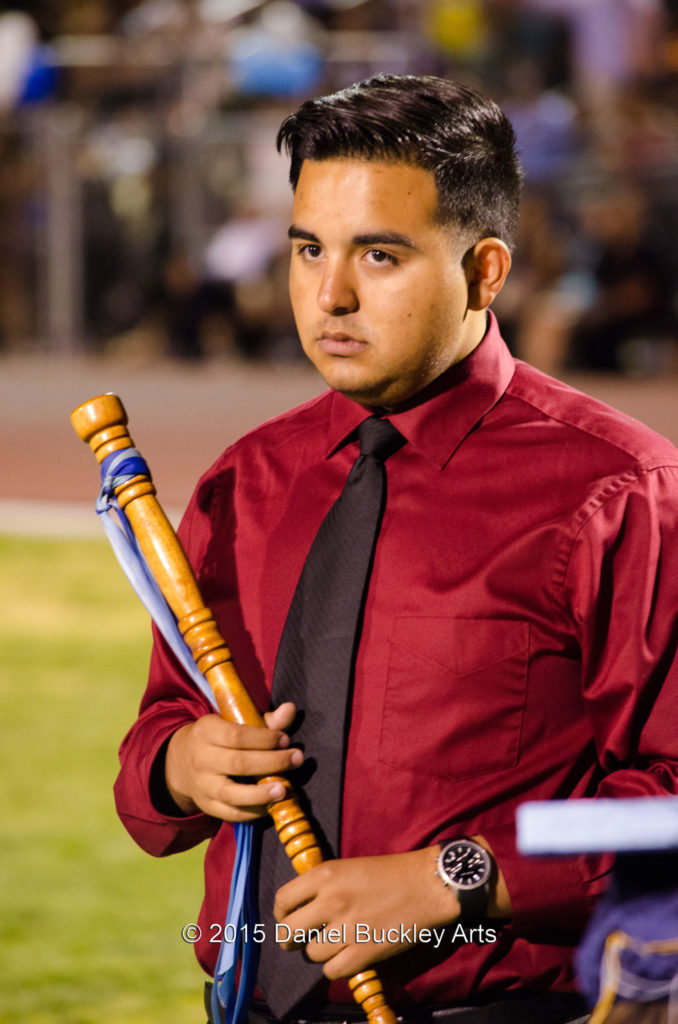
For students:
• Connects students with their history and culture.
• Increases awareness of diversity and the value of tolerance.
• Teaches teamwork, time management, critical thinking skills, public speaking skills, discipline and other core skills for any real-world jobs.
• Makes students want to come to school.
• Keeps grades high (mariachi and folklórico students are often among a school’s top achievers).
• Connects young people with core community issues and involves them in working towards solutions from an early age.
• Creates an atmosphere of gender and race parity and equality for students with a range of disabilities.
• Encourages planning for the future and empowers students with the tools to make their dreams come true.
• Often provides college scholarship for time spent in the group.
• Attracts other college scholarships.
• Creates life-long network of friends and associates.
• Instills pride and confidence.
• Bilingual component drives brain development related to communications skills.
• Musical and dance elements increase mathematical and spatial aptitude.
• Creates the habit of lifelong learning.
• Gives personal experiences of the broader world through travel and encounters with other cultural groups.
• Provides the example of real-world achievement for generations to come.
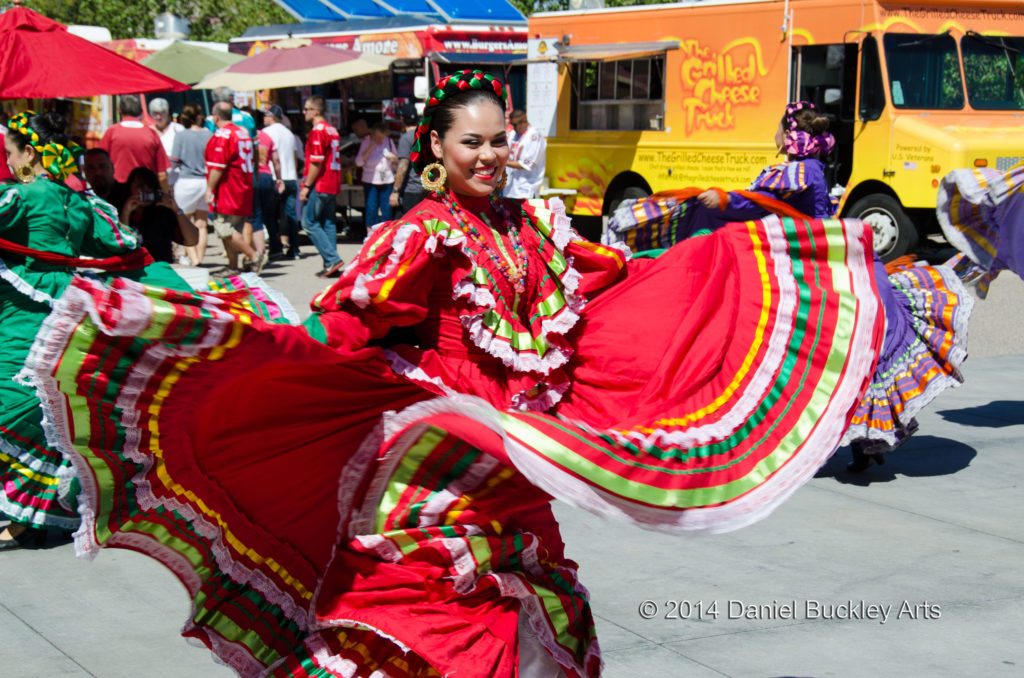
For schools:
• Instills community pride.
• Increases schools’ overall performance
• Decreases truancy and criminal activity
• Gets parents involved in educational issues
• Increases graduation and college matriculation rates.
• Helps make schools better for all students.
• Brings new, more diverse blood to administration.
• Improves learning overall.
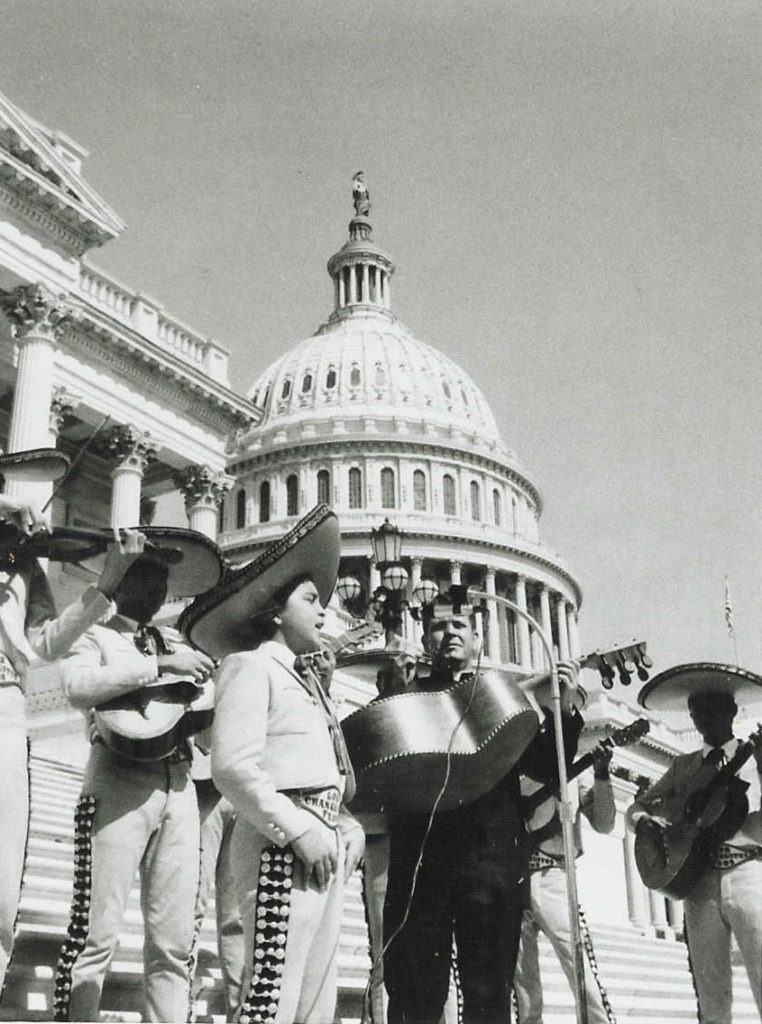
For parents:
• Increases bonding with their children
• Connects parents with teachers and schools, increases involvement.
• Empowers parents to become involved in boards and tap into their own potential beyond the time when their kids are in school.
• Leads to leadership opportunities elsewhere in the community.
• Connects entire family with the broader community.
• Connects generations of family and increases family pride.
• Creates a lifelong network of other mariachi and folklórico family members.
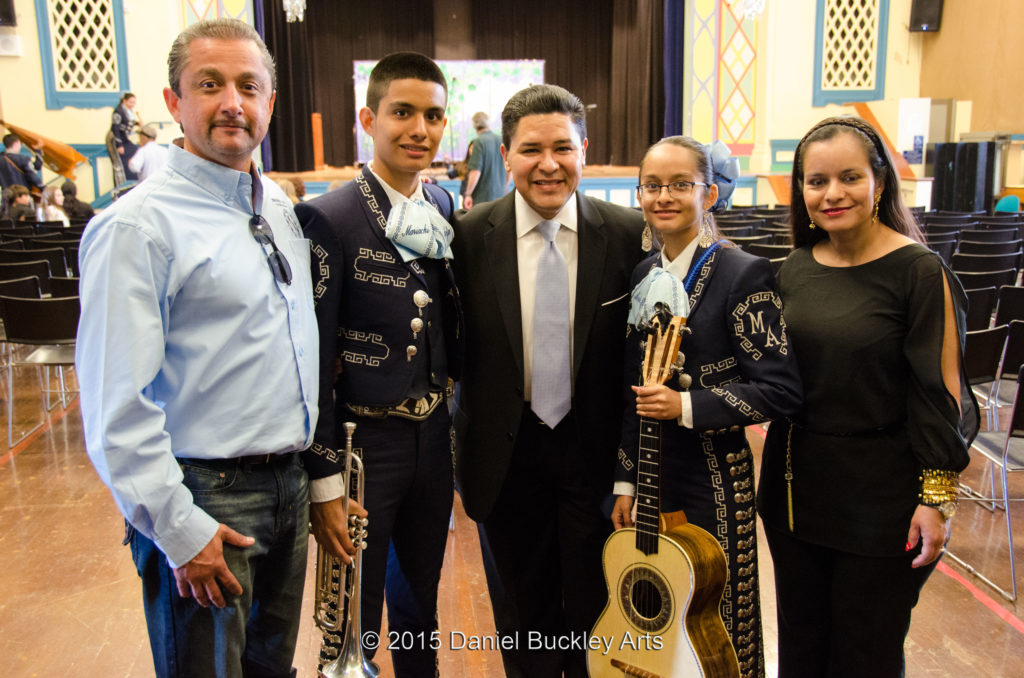
For communities:
• Creates an educated, skilled, diverse and motivated workforce.
• Increases community economic power.
• Helps defuse racial tensions.
• Brings a more collective approach to community problem solving.
• Brings qualified and diverse leadership to the community.
• Decreases poverty.
• Aids in gang and youth crime abatement.
• Creates a more cohesive and proud community.
• Boosts tourism.
• Generates new support business opportunities.
